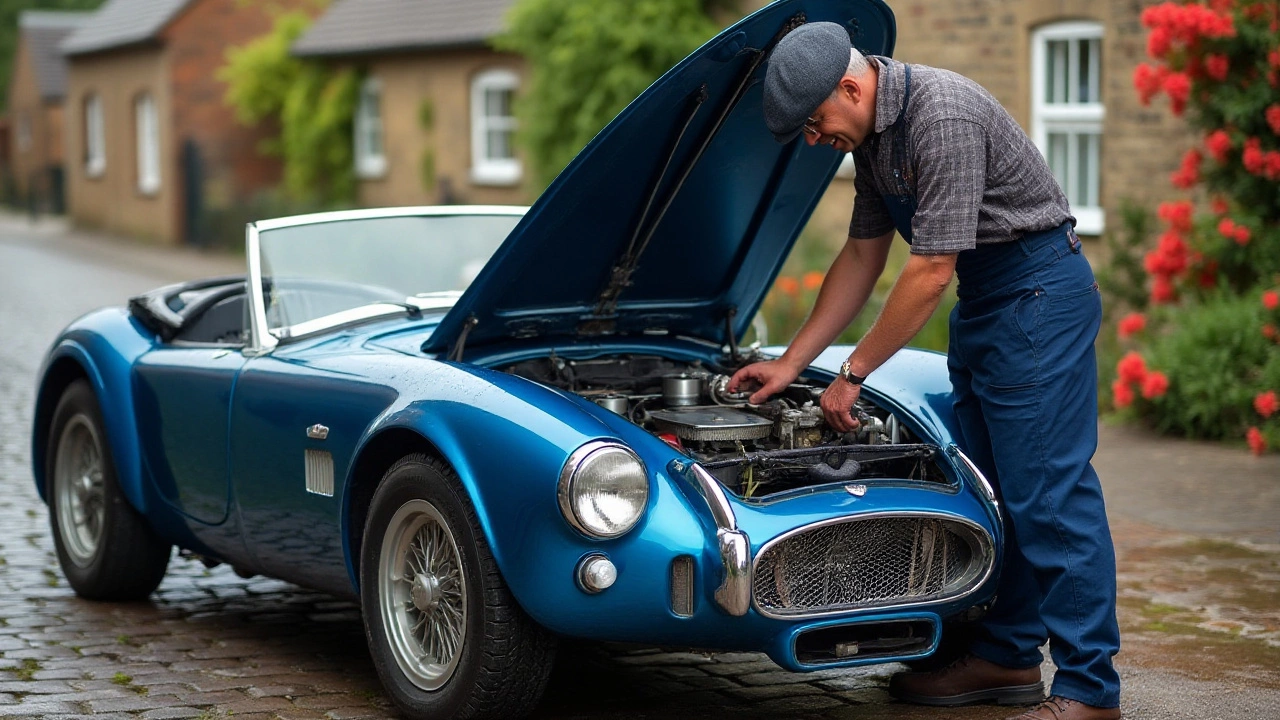If you’ve ever wondered why mechanics keep asking about oil, air, or cabin filters, it’s because each one protects a vital part of your car. When a filter gets too dirty, it can choke the engine, reduce fuel efficiency, or let dust into the cabin. Knowing the typical lifespan of each filter helps you avoid costly repairs and keeps the ride comfortable.
Filters work like sieves – they catch particles before those particles damage sensitive components. An oil filter clogged with sludge can cause the engine to run hotter, while a dirty air filter starves the engine of fresh air, lowering power. Cabin filters prevent pollen and dust from entering the cabin, so a worn filter makes the interior feel stale and can trigger allergies.
Oil filter: Most manufacturers suggest swapping the oil filter every oil change, typically every 5,000‑7,500 miles (8,000‑12,000 km). If you drive in heavy traffic, tow a trailer, or use synthetic oil, you might stretch it a bit, but watch for oil pressure warnings or dark, gritty oil on the dipstick.
Engine air filter: These usually last between 15,000‑30,000 miles (24,000‑48,000 km). A visual check is the easiest test – pull it out, hold it up to the light, and see if you can see through the paper. If it looks black or crumbling, replace it now.
Cabin (Pollen) filter: Expect a change every 12‑24 months, depending on climate and how often you drive on dusty roads. A musty smell inside the car or weaker airflow from the vents are clear signs it’s time for a new one.
Fuel filter: This one varies a lot. For most petrol engines, replace it every 30,000‑45,000 miles (48,000‑72,000 km). Diesel engines often need it more often, especially if you fill up at stations with lower‑quality fuel. Look out for rough idling, loss of power, or trouble starting.
Each filter has a different wear pattern, but the common thread is that a clogged filter reduces performance. Ignoring the signs can lead to higher fuel consumption, engine knocking, or even failure of major components.
How can you keep filters lasting longer? Simple habits help: change oil on schedule, use high‑quality fuel, and avoid driving through excessive dust when possible. For air filters, a quick vacuum of the intake area before swap removes loose debris and lets the new filter work better from day one.
Many drivers forget to log filter changes. Using a maintenance app or writing the date and mileage on a sticky note in the glove box makes it easy to remember. When you’re due, swap the filter yourself if you’re comfortable – most are bolt‑on or clip‑in and take less than ten minutes.
In short, treat each filter as a small but critical part of your car’s health. Replace oil filters with every oil change, check the engine air filter at least once a year, swap the cabin filter every 12‑24 months, and follow the fuel‑filter schedule in your owner’s manual. By staying on top of these simple tasks, you’ll keep your engine humming, your cabin fresh, and your wallet from unexpected repair bills.

Performance air filters are essential components in enhancing a vehicle's air intake system, providing improved acceleration and horsepower. Understanding their lifespan is crucial for maintaining optimal performance and avoiding potential engine damage. This article explores the lifespan of performance air filters, factors affecting their durability, signs indicating replacement, and maintenance tips to prolong their efficiency.